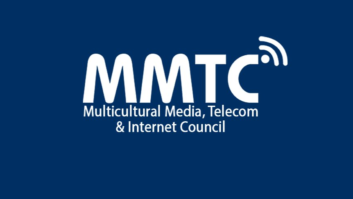The Minority Media Telecommunications Council says the push to tighten the main studio rule may actually hurt diversity.
In comments to the FCC about its localism proposals, Executive Director David Honig says the push to reinstate the pre-1987 main studio rule would ratify and replicate the present effects of past discrimination against minority station owners.
Minority owners continue to own less desirable properties, he said. Enacting the proposed rule change, which would require the building of new studios and 24/7 staffing, would affect minority station owners disproportionately, MMTC asserts.
It writes: “Because of societal discrimination that was facilitated by the commission, minority broadcasters entered the business two generations later than other broadcasters. In the 1930s, the FCC and its predecessor agency did not permit minorities or those seeking to serve non-English speaking immigrants to obtain licenses.
“When minorities finally gained a foothold in the industry, they were generally only able to acquire low-power, technically inferior stations that became available when the original owners retired,” continued the organization. “As a consequence of the commission’s misadministration of minority ownership, minorities did not receive radio or television licenses until 1949 and 1973, respectively.”
MMTC says due to the FCC’s former ownership policies, non-minority broadcasters — insulated from competition from minorities — were able to obtain stations with strong signals, licensed to major cities. Minority and ethnic broadcasters who entered the market later generally had to accept stations with weaker signals licensed to suburban communities.
The Los Angeles market is an example of how the proposed rule change would impact minority owners, says MMTC. Clear Channel Radio owns nine stations in the market, eight of which are licensed to the city. Hispanic-owned Liberman Broadcasting owns six stations in the same market, one of which is licensed to Los Angeles and five of which are licensed to four suburban communities.
Thus under the proposed rule change, Liberman would require five main studios for its six stations, while Clear Channel would only require two main studios for its nine stations.










